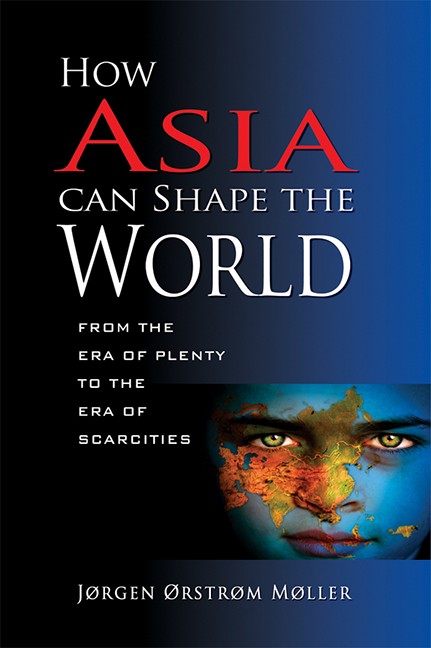Appendix 2 - Wild Cards
from APPENDICES
Published online by Cambridge University Press: 21 October 2015
Summary
Wild cards are normally defined as low-probability, but high-impact events. They are used to discuss future events which are unlikely to happen, but if they do, the repercussions will be dramatic. They cannot be ruled out of any futuristic study, but the analyst and the reader must bear in mind that we are talking about low-probability events — a bit like thinking the unthinkable. Typical wild cards from the past would have been, prior to 1979, China's change into a market economy; or prior to the 11 September attacks, a coordinated terrorist attack on the World Trade Center, the Pentagon, the White House, and the U.S. Congress.
Currently some of the global wild cards floating around are enumerated in The Futurist issue of spring 2009.
• Spiritual paradigm shift sweeps the world, sponsored by the use of the Internet and the growing complexity of connections and dependency.
• Science is wrong: it is rapid cooling, not global warming, that is the biggest manifestation of climate change. New scientific evidence suggests that the major terrestrial driver of global climate patterns may be wind over the oceans. If the world faces cooling, instead of global warming, not only would a whole string of high profile policies have to be rethought, but confidence in science would fall dramatically, altering societal structures.
• New energy discovery comparable to the control of fire — for example, what is labelled zero point energy (ZPE) with the Casimir Effect. According to a recent article in the science journal Nature, this experiment has set the stage for a revolution in energy that will rival the discovery of fire.
• Cloned humans threaten everything, calling into question ethics and politics.
• Intelligent alien life confirmed, confronting humanity with possibly the biggest question ever.
• The possibility of a food crisis — which is less of a wild card as the omens of food shortage are already visible and about 800 million people are living under the threat of famine or close to such a condition.
• A catastrophic weather event rivalling or surpassing Hurricane Katrina.
• A dramatic political shift to the far left in U.S. politics. Alternatively, a massive shift to the right.
• Political upheaval in China.
• A worldwide backlash against fundamentalist religions.
• Widespread illness and death from tainted food (either accidental or deliberate).
- Type
- Chapter
- Information
- How Asia Can Shape the WorldFrom the Era of Plenty to the Era of Scarcities, pp. 520 - 524Publisher: ISEAS–Yusof Ishak InstitutePrint publication year: 2010

